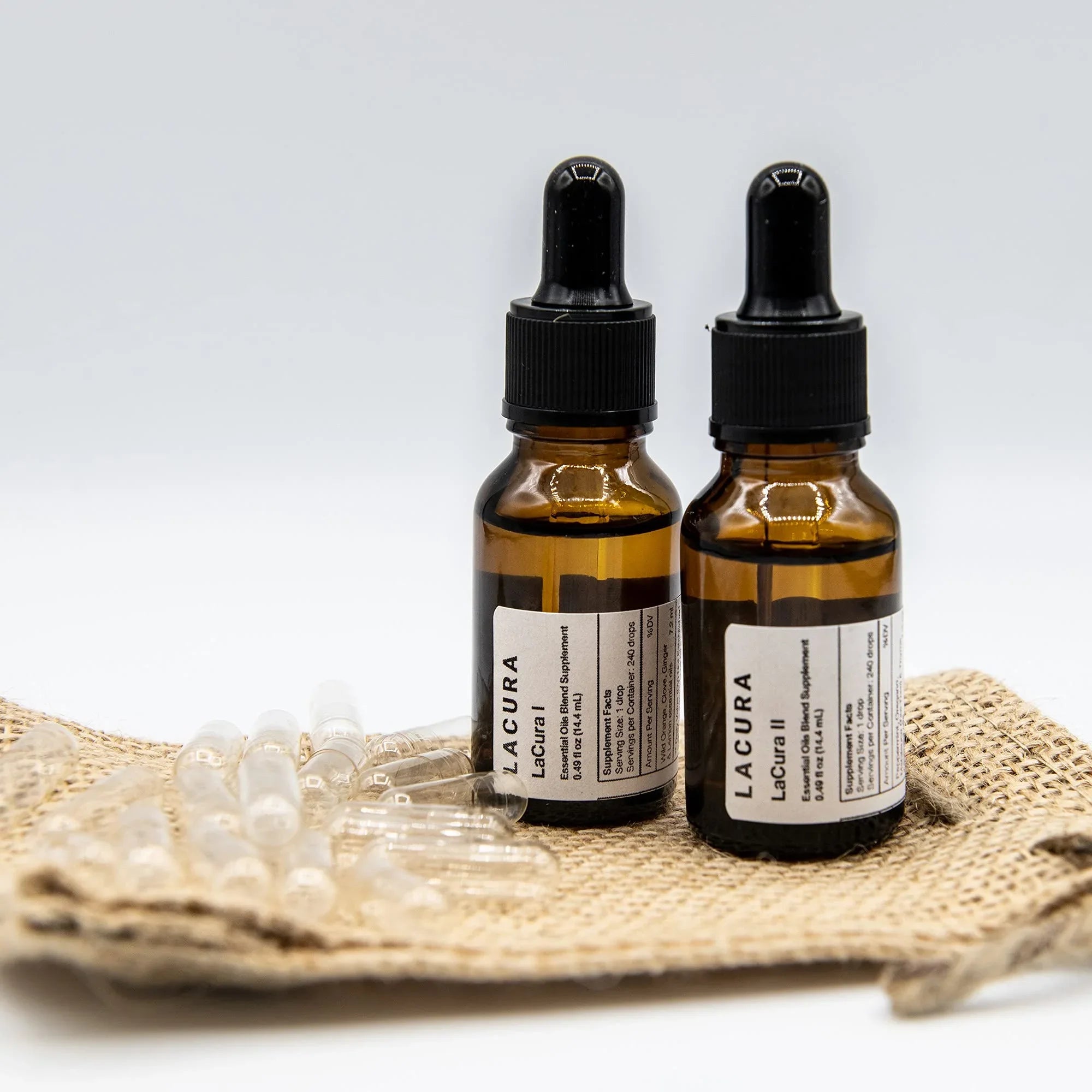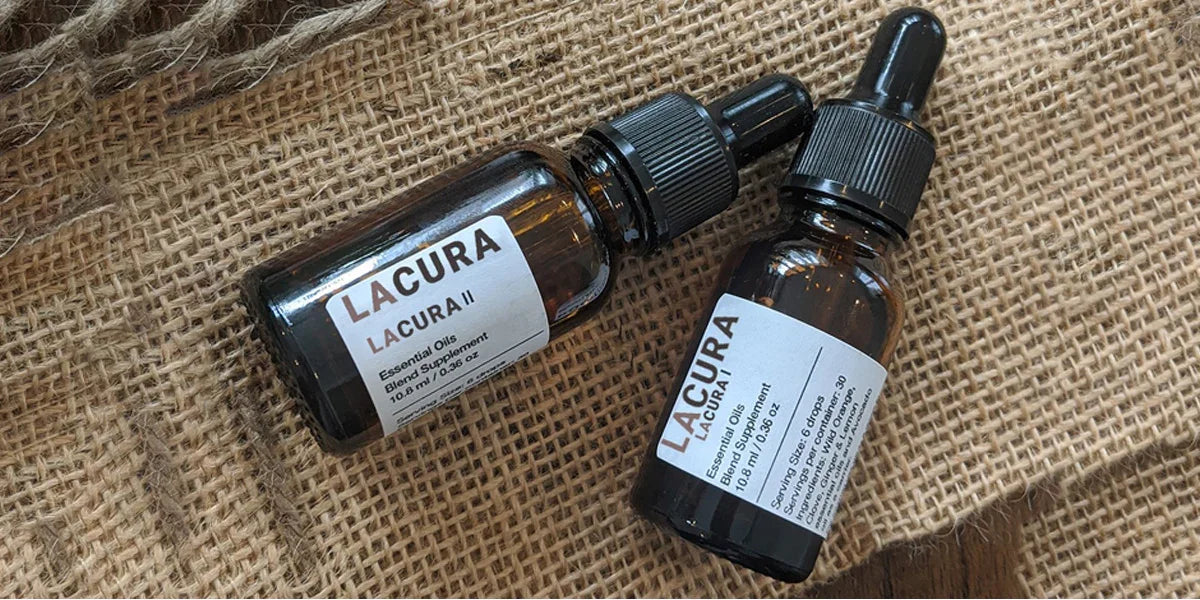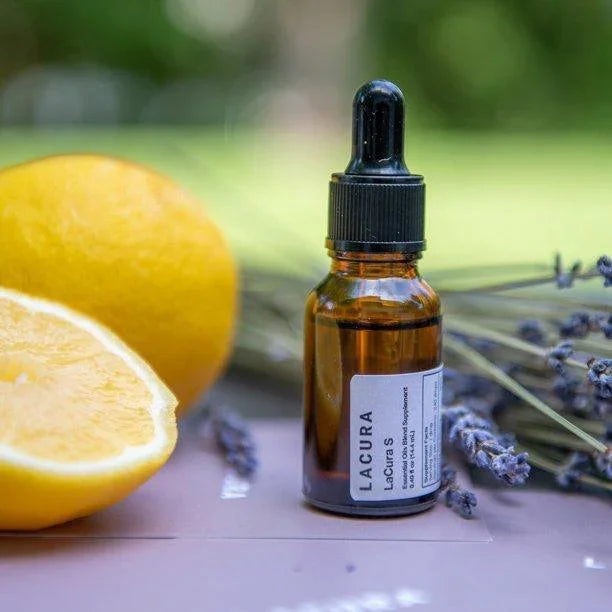Experiencing some stress is part of life, but when stress becomes overwhelming, it can have disastrous effects on your overall health. To prevent health problems, you need to take steps to alleviate stress as much as possible. The good news is there are a number of all-natural ways to do this.
1. Meditation
It’s common to be stressed because you never stop going. Meditation gives you a chance to pause and clear your mind. You’ll see the best results if you meditate on a regular basis. This is because the practice reduces levels of the stress hormone cortisol by improving your emotional reactivity — in fact, research has found that meditation is one of the most effective ways to reduce cortisol. Whereas a small amount of cortisol is normal, too much can cause inflammation and lead to health problems. For this reason, it’s important to keep your cortisol levels in check.
2. Exercise
Everyone should be exercising on a regular basis anyway because exercise has a huge number of benefits for your health — from helping you maintain a healthy weight to building strength, flexibility, and stamina.
If you need another reason to start exercising, you should know that it can help you combat stress. This is because movement leads to a release of endorphins — hormones that improve your mood, reduce tension in your body, and enhance sleep quality.
In addition, exercise has an impact on mental health by making you more resilient and improving your self-esteem, which can make it easier for you to handle stressful situations.
3. Yoga
A particular type of exercise you may like to try is yoga. As well as providing all the benefits you receive from movement, it helps you better connect your body and mind. Practicing regularly can help lower blood pressure and heart rate by bringing your attention to your breathing. The stretches, balance, and strength training also have other effects on your body, including by controlling your nervous system and the release of certain hormones — both of which can lead to less stress.
4. Move More
As well as adding a workout to your daily schedule, try to find more ways to move throughout the day. For example, you could park further from the entrance when you arrive to work, opt for the stairs instead of the elevator, stand up and do some stretches every hour or so, and use your breaks to go for a stroll.
5. Adaptogens
Supplements containing herbs that fight stress are collectively called adaptogens — the name refers to the fact they help you adapt to stressful situations. Many promote healthy adrenal glands: the glands that sit above your kidneys and are responsible for releasing stress hormones. Studies have found that taking a daily adaptogen can improve your mood, reduce anxiety, and lead to less cortisol in your body.
One adaptogen in particular to try is hemp oil, which is made from the leaves, stems, and flowers of hemp plants. As the oil contains less than 0.3% THC, the supplements have no psychoactive properties. However, the oil does contain plenty of phytocannabinoids, which act on your endocannabinoid system and create a sense of calm.
Other great choices of adaptogens include ashwagandha, Asian ginseng, Siberian ginseng, and Rhodiola rosea.
5. Essential Oils
You can gain the benefits of not just edible herbs but a wide range of plants through essential oils. Any way you use essential oils will provide health benefits, but aromatherapy is particularly useful at creating a calming effect because the scent sends a signal to your nervous system via the olfactory nerve. Whereas lavender is the best-known essential oil for reducing stress, other great options include basil, lemon, chamomile, clary sage, and bergamot.
6. Herbal Tea
Another way to gain the benefits of herbs is with tea. Just having a warm drink can be soothing, but choosing a tea that has stress-relieving properties will have a bigger impact. Lavender, chamomile, peppermint, ginseng, and turmeric teas are all ideal for reducing stress.
7. Less Caffeine
Herbal teas are also a much better alternative to drinks with high caffeine content. Although coffee can make you feel alert and improve your exercise performance, it can increase your levels of cortisol and lower your sleep quality, which can make it more difficult to recover from stress. If you do need an energy boost, you may like to opt for green tea — it only has a small amount of caffeine and can actually reduce cortisol levels.
If you currently rely on a large amount of caffeine to make it through the day, try to gradually cut down. You should also stop drinking coffee by around midday to prevent it from interfering with your sleep. By better managing stress and improving sleep quality, you may find you need less caffeine than you realized.
8. Hops
A surprising source for natural stress relief is hops. Although you may only know it as a key ingredient in beer, the flowers have long been used for beating stress. The active compounds in the acids not only produce the bitter taste that’s characteristic of beer, they also reduce cortisol levels and remove tension in muscles. Plus, they act on the nervous system by interacting with the GABA neurotransmitter to induce a sense of calm and improve sleep quality.
You won’t gain these benefits from drinking beer, as alcohol exacerbates stress and lowers sleep quality. Instead, you should seek hops from sources like herbal teas.
9. Kava Kava
An herb that acts in a similar way to hops is kava kava — again, it uses GABA receptors to change the activity in your nervous system. However, there’s some evidence that kava kava can also block the neurotransmitter noradrenaline, which causes muscle contractions. By preventing this activity, your body stays relaxed under stress.
There are also natural ways to boost your immune system. For instance, some essential oils both help you beat stress and lead to greater immunity. To see the best results, use blends from LaCura that contain oils known to combat stress and boost immune system function. Check out our online store to find the right product for you.






